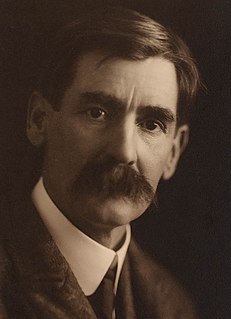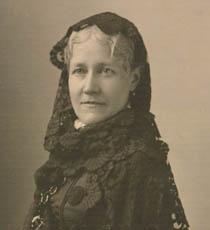A Quote by Stephen King
He realized now that a lot of the problem had been his own mind, which was usually moving at a speed ten or twenty times that of his classmates. They had thought him strange, weird, or even suicidal, depending on the escapade in question, but maybe it had been a simple case of mental overdrive-if anything about being in constant mental overdrive was simple. Anyway, it was the sort of thing you got under control after a while-you got it under control or you found outlets for it.
Related Quotes
There were times when it appeared to Dorian Gray that the whole of history was merely the record of his own life, not as he had lived it in act and circumstand, but as his imagination had created it for him, as it had been in his brain and in his passions. He felt that he had known them all, those strange terrible figures that had passed across the stage of the world and made sin so marvellous, and evil so full of subtlety. It seemed to him that in some mysterious way their lives had been his own.
The old shepherd had died, or got drunk, or got rats, or got the sack, or a legacy, or got sane, or chucked it, or got lost, or found, or a wife, or had cut his throat, or hanged himself, or got into Parliament or the peerage anyway, anything had happened to him that can happen to an old shepherd or any other man in the bush, and he wasn't there.
He was about to go home, about to return to the place where he had had a family. It was in Godric’s Hollow that, but for Voldemort, he would have grown up and spent every school holiday. He could have invited friends to his house. . . . He might even have had brothers and sisters. . . . It would have been his mother who had made his seventeenth birthday cake. The life he had lost had hardly ever seemed so real to him as at this moment, when he knew he was about to see the place where it had been taken from him.
My father had not been outside the house except to drive back and forth to work or sit out in the backyard, for months, nor had he seen his neighbors. Now he looked at them, from face to face, until he realized I had been loved by people he didn't even recognize. His heart filled up, warm again as it had not been in what seemed so long to him- save small forgotten moments with Buckley, the accidents of love that happened with his son. ~pgs 209-210; Buckley, Lindsey and Jack on Susie
When, in short, we shall have unlearned everything which has been taught since his [Jesus'] day, and got back to the pure and simple doctrines he inculcated, we shall then be truly and worthily his disciples: and my opinion is that if nothing had ever been added to what flowed purely from his lips, the whole world would at this day have been Christian.
When I first started comedy, before I kind of gained any national prominence, I - in a weird way - went back to that. Marc Maron had me on WTF making fun of me about that when I first opened for him. I had this very kind of hip-hop bravado to me, and I realized that now I've let some of that go in my stage presence, that maybe that was because I had dropped that completely from my life, and when I got onstage I sort of rekindled it. And I think now that it was perhaps a defense mechanism that was left over from those days, which I think is kind of interesting.
There was a man that hated his footprints and his shadow, so one day he thought that if he ran fast enough, his footprints and shadow would not be able to follow him and then he never ever had to look at them again. He ran and he ran as fast as he could, but the shadow and the footprints had no problems keeping up to him. And he ran even faster and all of a sudden he fell dead to the ground. But if he been standing still there hadn't been any footprints and if he had been resting under a tree his shadow had been swallowed of the trees shadow.
Marcel Duchamp, one of this century's pioneers, moved his work through the retinal boundaries which had been established with Impressionism into a field where language, thought and vision act upon one another. There it changed form through a complex interplay of new mental and physical materials, heralding many of the technical, mental and visual details to be found in more recent art... He declared that he wanted to kill art ("for myself") but his persistent attempts to destroy frames of reference altered our thinking, established new units of thought, a "new thought for that object."
Since the foundation of the world man has had nearly all the forces on his side, working with him and for him; his intellect has been stimulated, while that of woman has been abased; he has had the run of the world and all quickening and brightening things, while she has sat in the cinders, and until of late been illumined only by his reflected light.
The main qualities that had earned him this universal respect in the service were, first, an extreme indulgence towards people, based on his awareness of his own shortcomings; second, a perfect liberalism, not the sort he read about in the newspapers, but the sort he had in his blood, which made him treat all people, whatever their rank or status, in a perfectly equal and identical way; and, third - most important - a perfect indifference to the business he was occupied with, owing to which he never got carried away and never made mistakes.
































